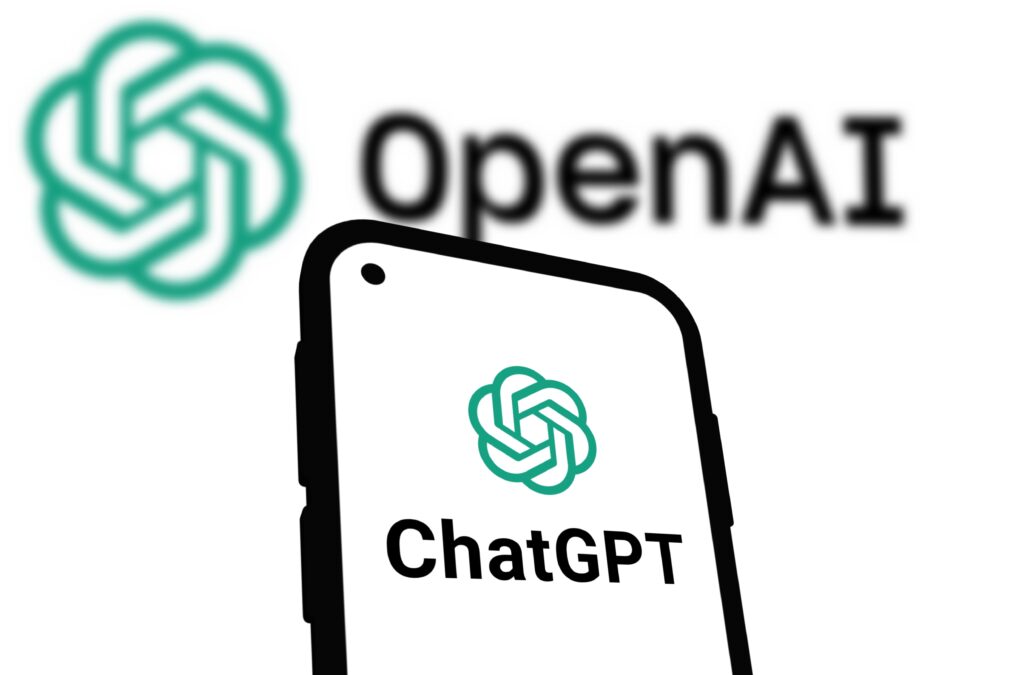OpenAI has filed a lawsuit against Elon Musk, accusing him of undermining the company’s progress for self-interest. The AI firm claims Musk has repeatedly interfered with its operations to gain control over its advanced technologies. OpenAI alleges that Musk used deceptive legal tactics to block its development, asserting his influence in the artificial intelligence sector. Legal responses from Musk’s team are expected, as this high-profile dispute intensifies between two prominent Silicon Valley figures.
OpenAI Claims Musk’s Actions Are a Power Grab
OpenAI’s lawsuit paints Musk’s actions as a deliberate attempt to stall innovation and gain control over cutting-edge AI tools. In a statement released on Wednesday, the company expressed that it had no choice but to take legal action in order to protect itself from what it describes as Musk’s efforts to sabotage its progress. The ongoing rivalry between Musk and OpenAI CEO Sam Altman has been a focal point of Silicon Valley’s tech community, with each side trying to assert its influence over the future of AI.
Legal Context and Upcoming Trial
Musk’s legal conflict with OpenAI is not new. Last year, Musk filed a lawsuit against Sam Altman, seeking to block changes to OpenAI’s corporate structure. While Musk was one of the co-founders of OpenAI, he distanced himself from the organization in 2018, but his legal involvement has remained persistent. Musk’s legal team has received the court documents related to OpenAI’s countersuit, and responses are awaited.
The legal battle has caught the attention of the tech industry, and last week, a federal judge in California expedited the court proceedings. US District Judge Yvonne Gonzalez Rogers set a trial date for March 2026, while also rejecting Musk’s request to prevent OpenAI from transitioning to a for-profit model. It was further revealed that Musk would likely be required to testify during the trial, adding another layer of tension to the already high-stakes legal drama.
Musk’s Argument: OpenAI’s Profit Motive
Musk’s primary argument is that OpenAI has deviated from its original mission of developing artificial intelligence for the benefit of humanity. Instead, Musk contends, the company has shifted focus towards profit generation. Digital media expert Ari Lightman argues that the dispute is centered around control and financial interests, with Musk attempting to assert dominance over OpenAI’s direction. Lightman added that the conflict has diverted attention from more critical discussions about the ethics and security of AI development. “Ownership and revenue concerns are now overshadowing important issues like fairness and safety,” Lightman said.
OpenAI’s Response to Musk’s Allegations
OpenAI has publicly refuted Musk’s claims, describing them as part of a broader effort to mislead the public and protect his personal power. In a recent social media post, OpenAI accused Musk of never genuinely supporting the company’s goals and instead pursuing his own business interests. OpenAI’s stance is clear: its focus remains on advancing AI technology responsibly, rather than catering to Musk’s attempts to gain control.
Musk’s Competitor: xAI and the Forming of XAI Holdings
Musk’s own AI venture, xAI, competes directly with OpenAI but has struggled to match its technological advancements. Recently, xAI merged with Musk’s social media platform X (formerly Twitter), forming a new corporate entity known as XAI Holdings. Musk claims that this new conglomerate is valued at more than $100 billion. This merger highlights Musk’s ambition to play a dominant role in the AI space, even as his legal battle with OpenAI intensifies.
Musk’s Attempt to Acquire OpenAI
Earlier this year, Musk made a bold offer to acquire OpenAI for $97.4 billion. However, Altman swiftly rejected the proposal. In a humorous response, Altman jokingly counter-offered, suggesting that OpenAI would purchase Musk’s social media platform Twitter for $9.74 billion instead. This exchange underscores the competitive and often personal nature of the rivalry between Musk and OpenAI.
The legal conflict between OpenAI and Elon Musk is far from over, and its resolution could have significant implications for the future of artificial intelligence. As the trial approaches, industry experts and the public alike will be closely monitoring the developments in this high-stakes legal drama. The outcome will not only impact OpenAI’s ability to continue its mission but also shape the broader conversation around the ethical development of AI technologies.
